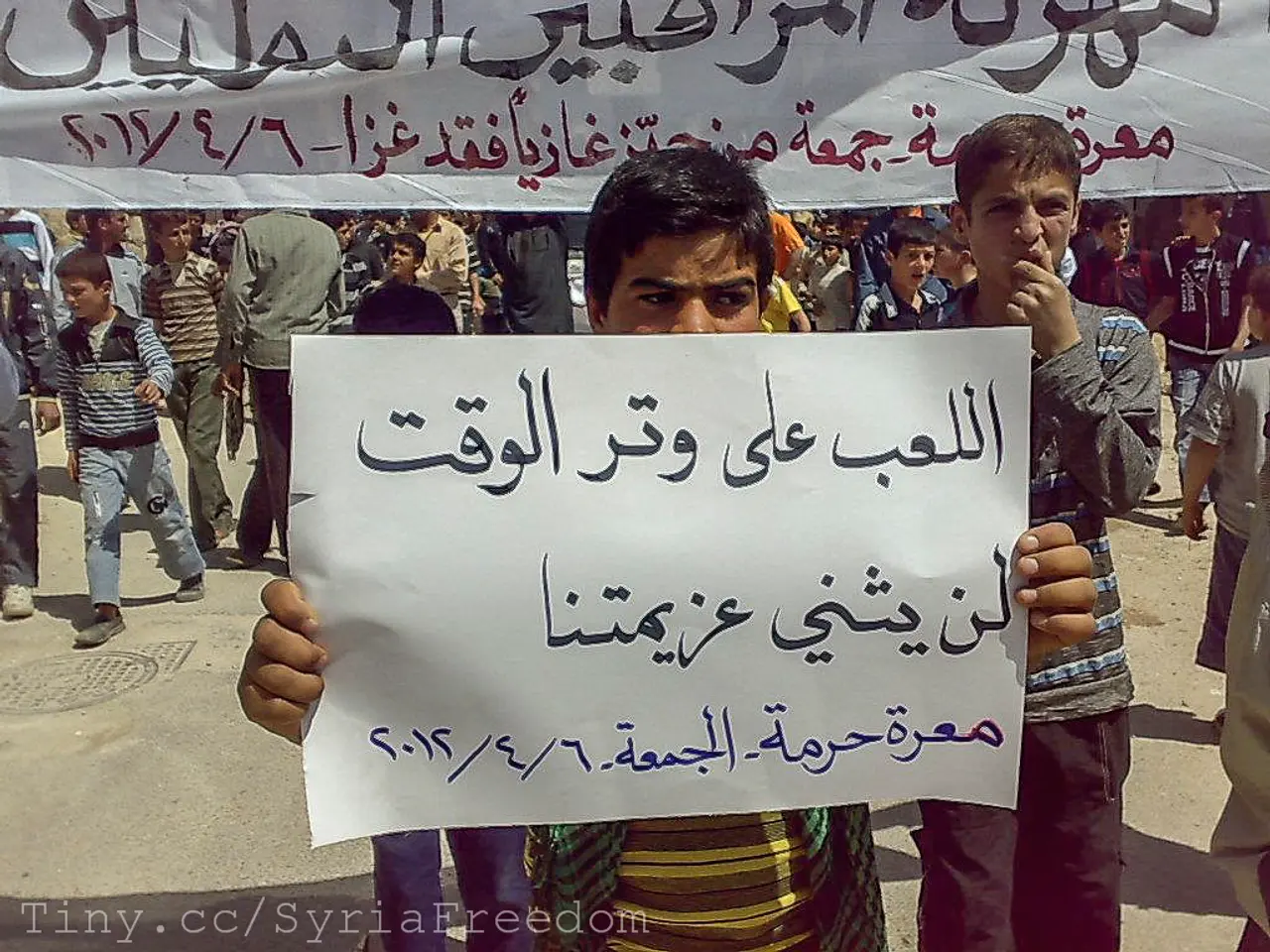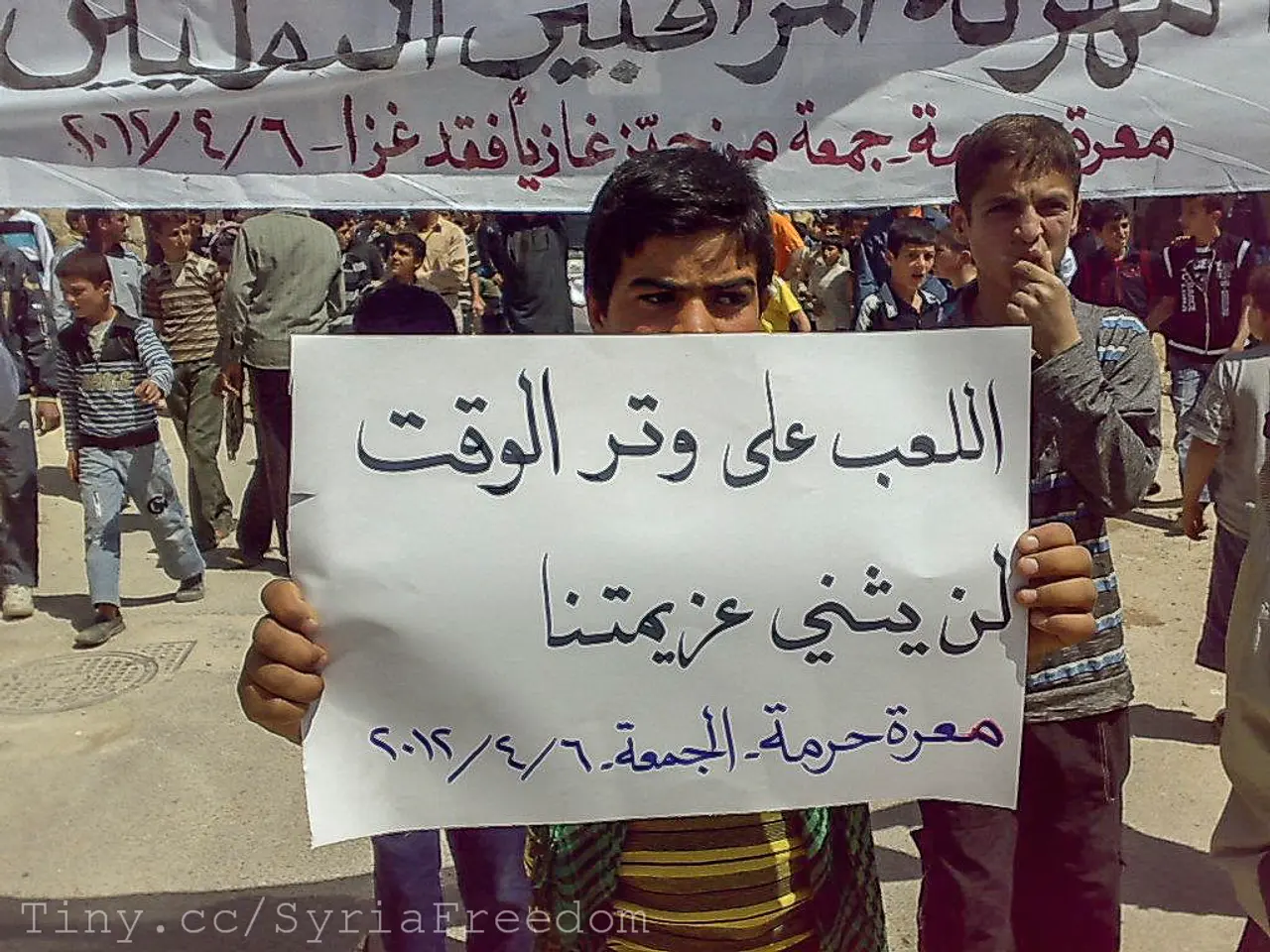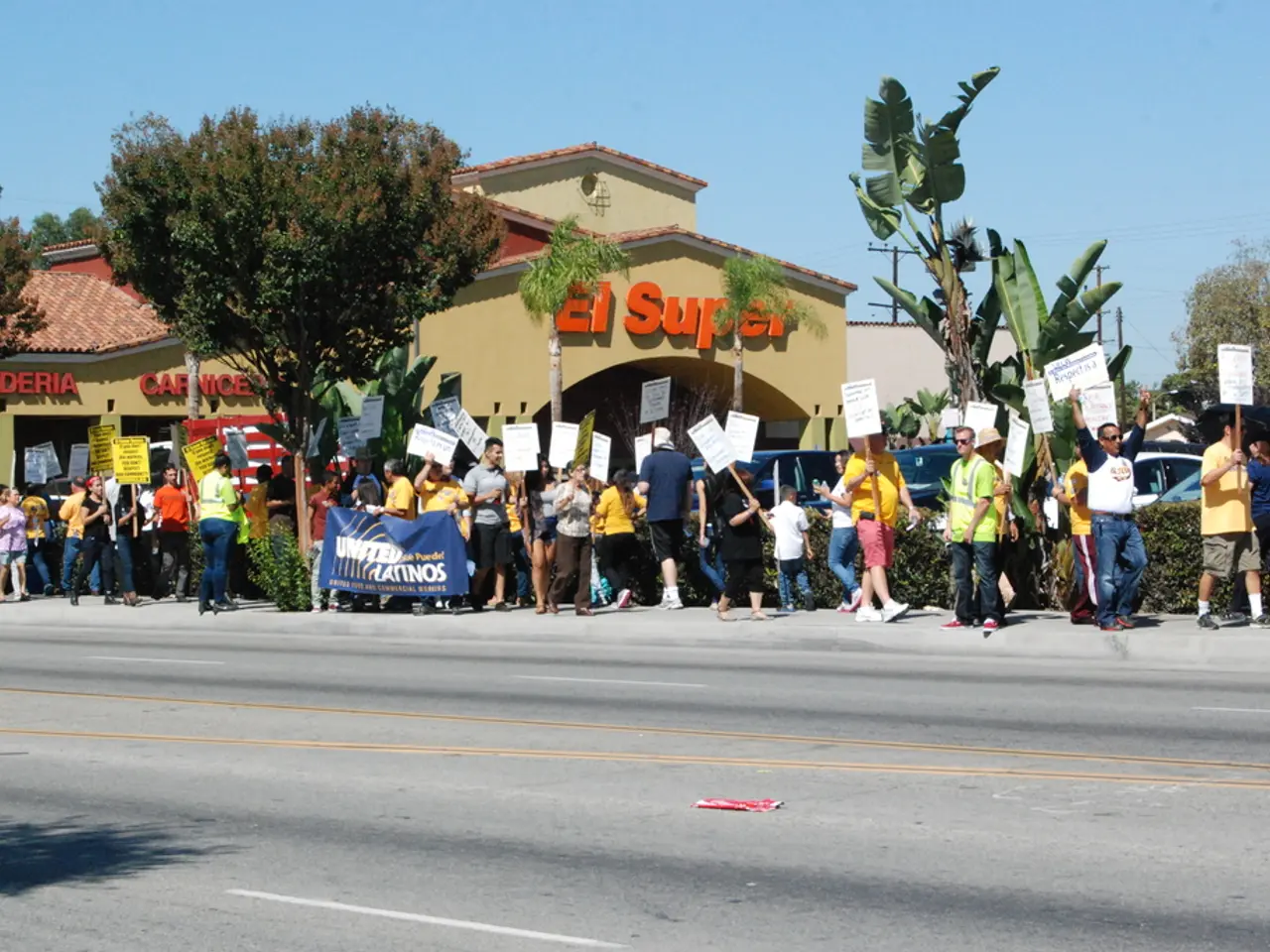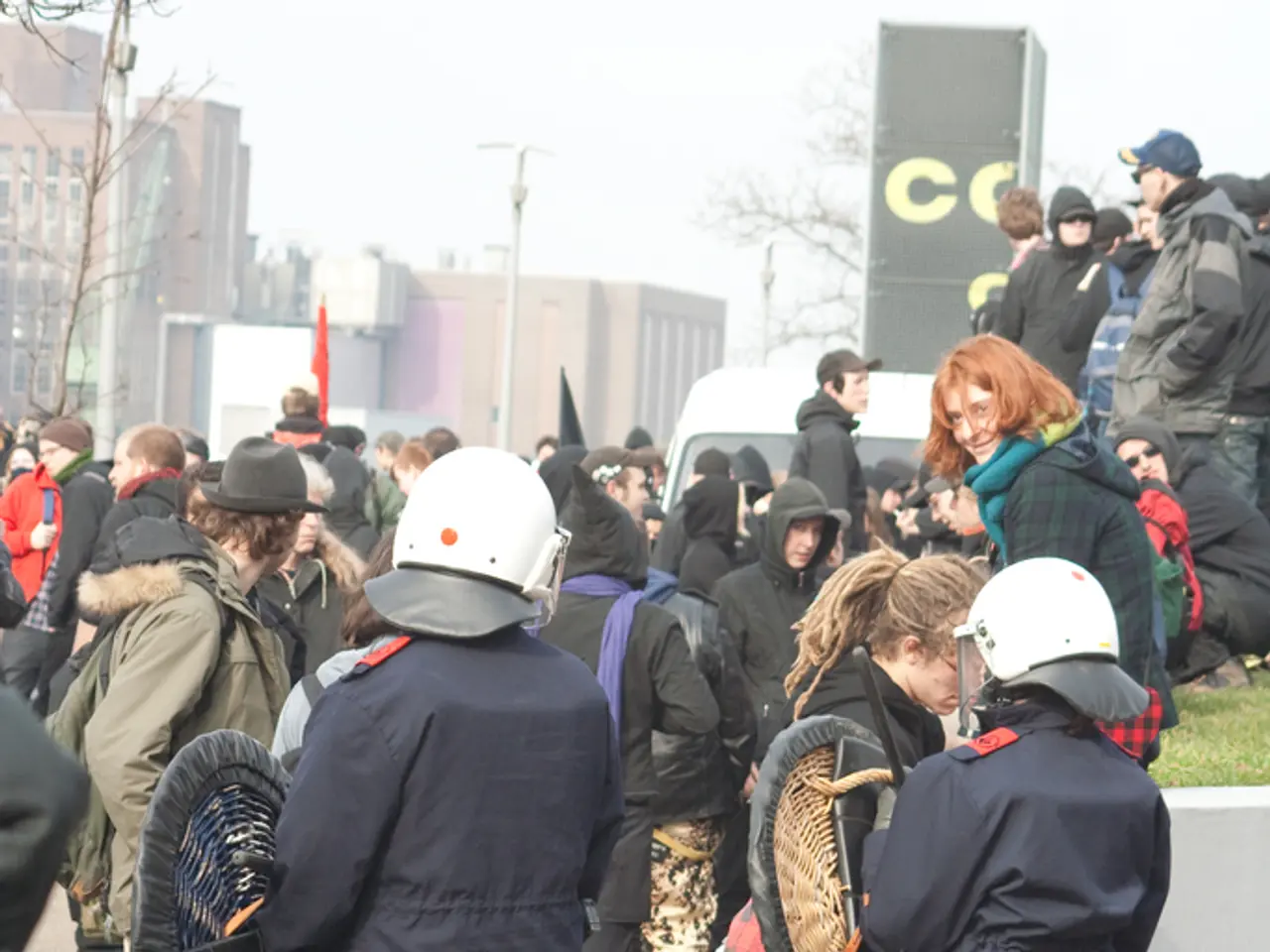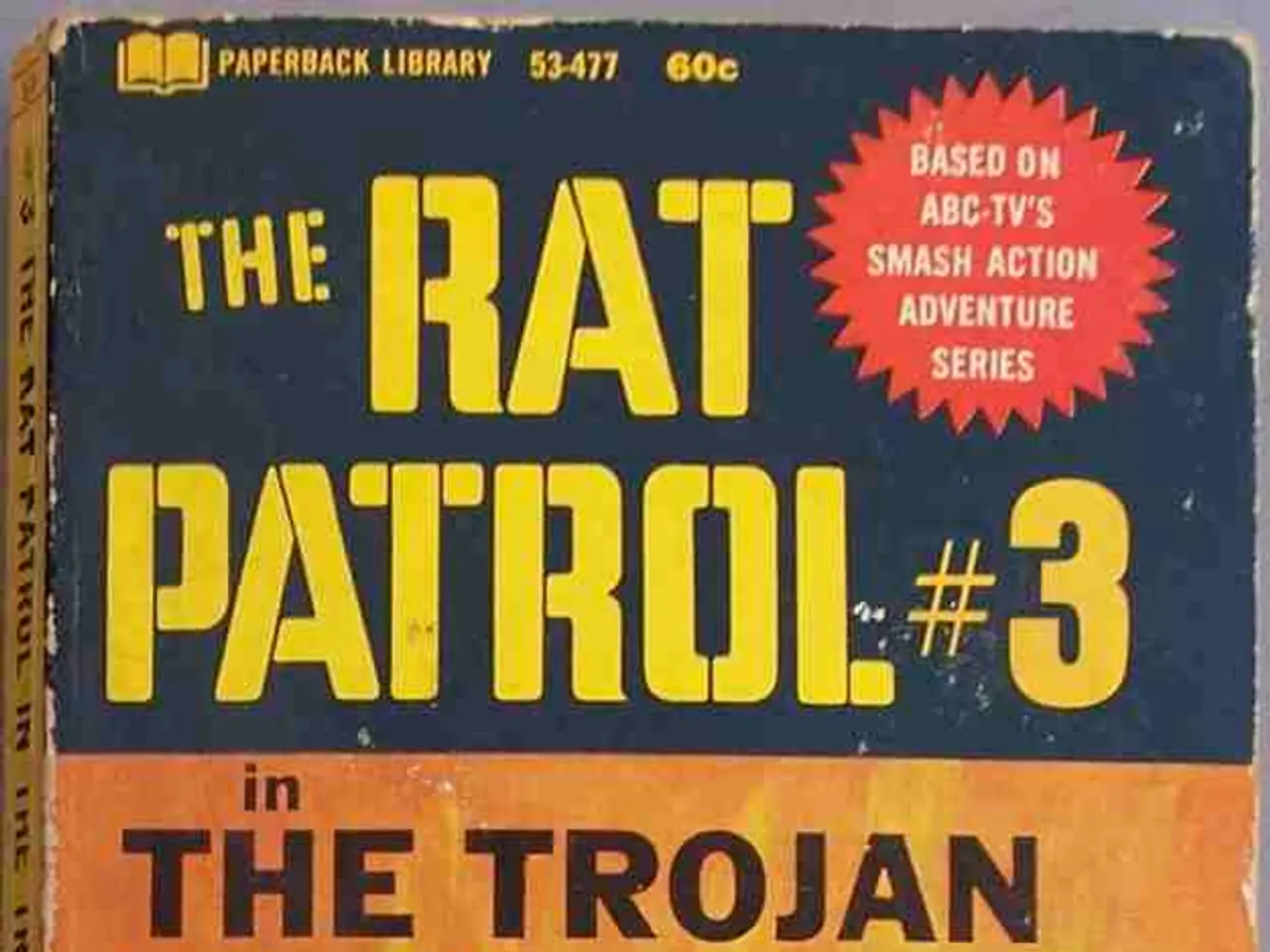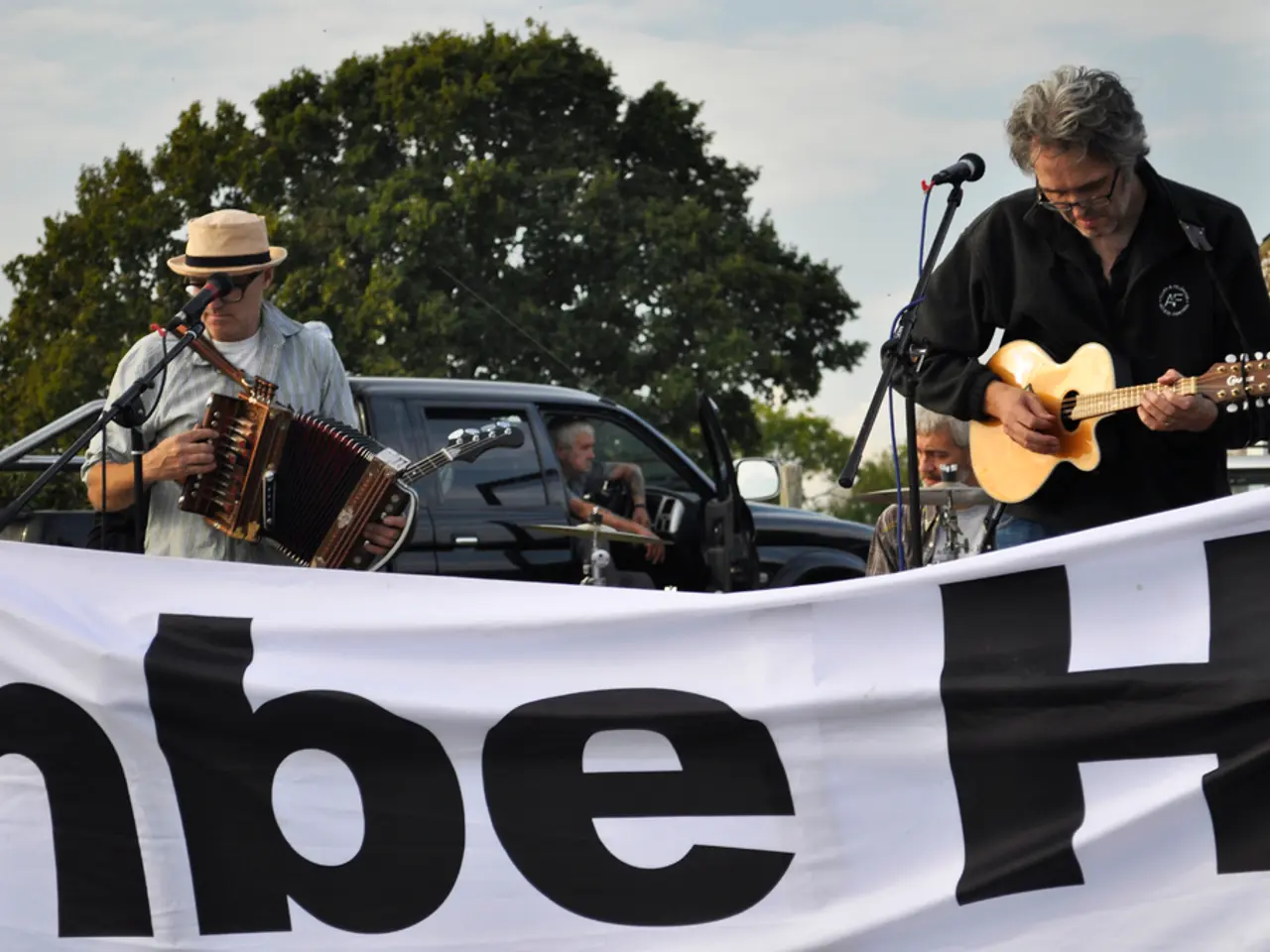Bombing raids by Israel in southern Lebanon intensify
The Middle East continues to grapple with the ongoing conflict between Israel and Hezbollah in Lebanon, with tensions escalating once again following a series of heavy airstrikes by the Israeli Defense Force (IDF) on July 24, 2025.
The IDF's airstrikes, targeting areas in southern and eastern Lebanon, have resulted in the loss of dozens of Lebanese civilian lives under the pretext of "security operations." This latest threat from Israel is viewed by many in Beirut as collective punishment and foreign interference.
Hezbollah's Secretary-General, Naim Qassem, has publicly rejected Israeli and U.S. demands to disarm the group, arguing that it will only negotiate disarmament after Israel withdraws from Lebanon and halts frequent airstrikes that have killed many of its members post-war. Qassem has warned that calls for Hezbollah's disarmament serve only Israeli interests and that such moves could potentially lead to civil war in Lebanon.
Israel, on the other hand, accuses Hezbollah of trying to rebuild its military capabilities, maintaining several locations in Lebanon as vantage points or launch sites opposite Israeli communities. Reports suggest that Israel has targeted at least five such sites allegedly used for precision missile production or storage. Southern Lebanon continues to face near-daily Israeli strikes aiming at these sites and other weapons infrastructure.
The Lebanese government, under international pressure, has approved a plan to disarm Hezbollah by year-end. However, implementation faces strong resistance from Hezbollah and its allies, who consider it a threat to Lebanon’s sovereignty and their security posture.
The international community views Hezbollah’s disarmament as crucial for Lebanon’s stability, but the situation remains volatile with ongoing Israeli strikes and Hezbollah’s defiant stance. The United States has even threatened to blacklist Lebanon's banking sector and block vital imports of oil and flour unless Hezbollah agrees to disarm.
This delicate balance of military, political, and diplomatic challenges keeps the Lebanon-Israel-Hezbollah conflict unsettled as of August 2025. The intensifying international pressure, along with the Israeli airstrikes, signal a dangerous new chapter in Lebanon's already fragile security landscape.
[1] The New York Times. (2025, August 1). Hezbollah Rejects Israeli and U.S. Demands to Disarm. [online] Available at: https://www.nytimes.com/2025/08/01/world/middleeast/hezbollah-israel-lebanon.html
[2] BBC News. (2025, August 3). Israel Accuses Hezbollah of Rebuilding Missile Capabilities. [online] Available at: https://www.bbc.com/news/world-middle-east-57774871
[3] Al Jazeera. (2025, August 5). Lebanon's Government Approves Plan to Disarm Hezbollah. [online] Available at: https://www.aljazeera.com/news/2025/8/5/lebanon-government-approves-plan-to-disarm-hezbollah
[4] Reuters. (2025, August 7). Israel Accuses Hezbollah of Precision Missile Production Sites in Lebanon. [online] Available at: https://www.reuters.com/world/middle-east/israel-accuses-hezbollah-precision-missile-production-sites-lebanon-2025-08-07/
[5] Associated Press. (2025, August 9). Hezbollah Vows to Resist Disarmament at All Costs. [online] Available at: https://apnews.com/article/middle-east-lebanon-israel-hezbollah-2025-08-09-115406b28769
- The ongoing conflict between Israel and Hezbollah in Lebanon further complicates the region's general-news landscape, with both politics and war-and-conflicts making headlines in news outlets worldwide.
- As the Lebanese government and Hezbollah wrestle over the issue of disarmament, the business sector is also affected, as the United States has threatened to punish Lebanon's banking sector and block essential imports, such as oil and flour (Associated Press, 2025).
- The history of the Lebanese-Israeli conflict deepens the complexity of the situation, as casualties, escalating tensions, and political standoffs continue to unfold, invoking memories of past conflicts (The New York Times, 2025).
- Meanwhile, the scientific community has raised concerns over the environmental impact of the persistent Israeli airstrikes in Lebanon, with studies showcasing the potential long-term damage to the region's ecosystems (BBC News, 2025).

